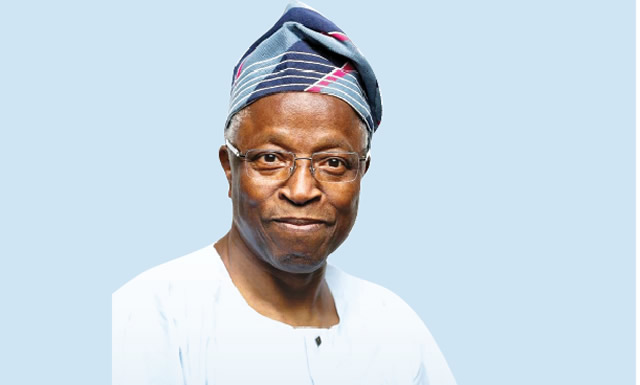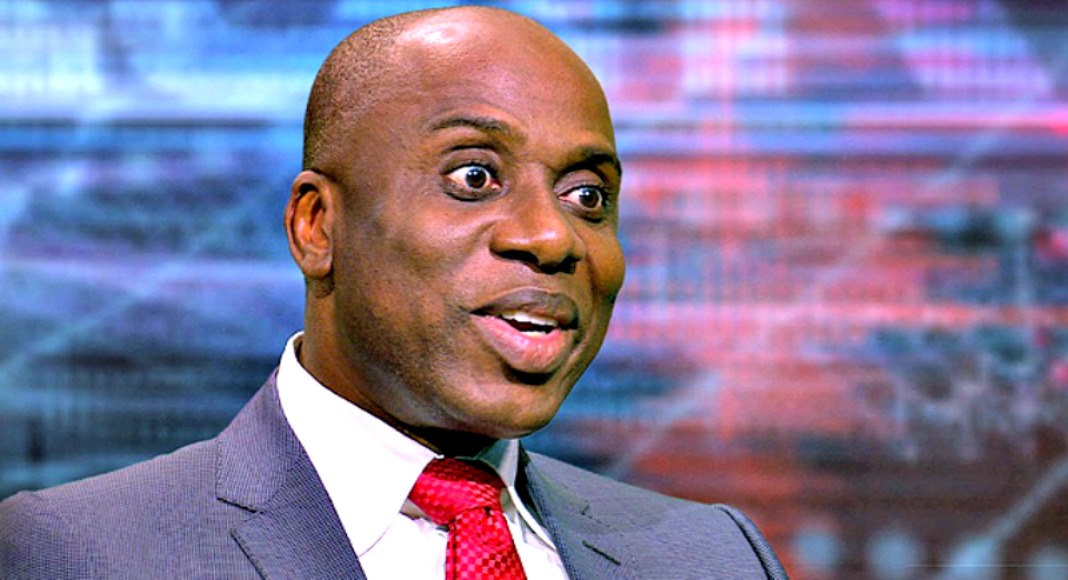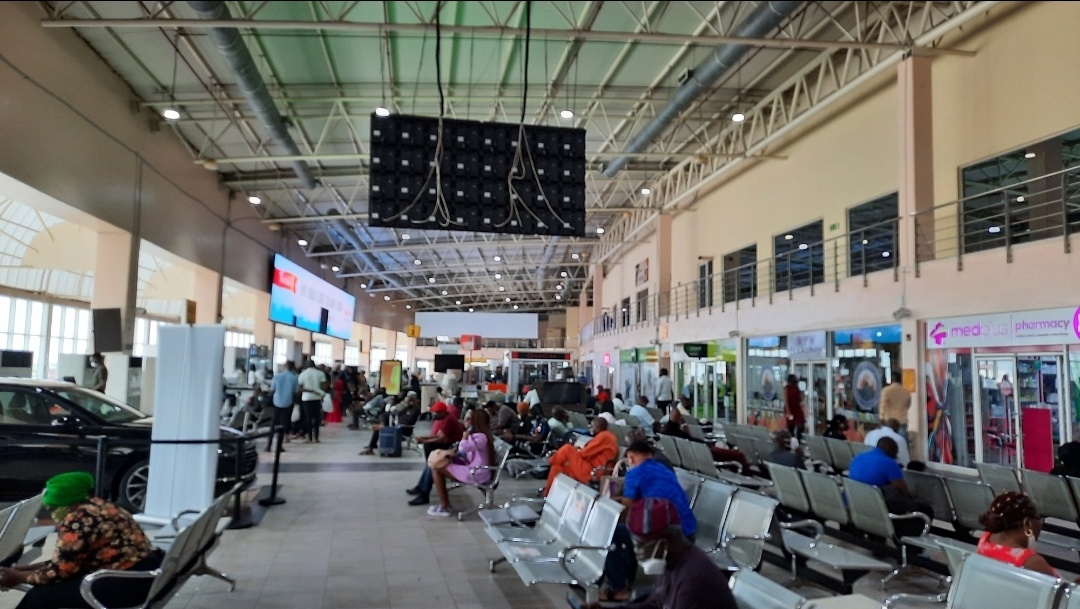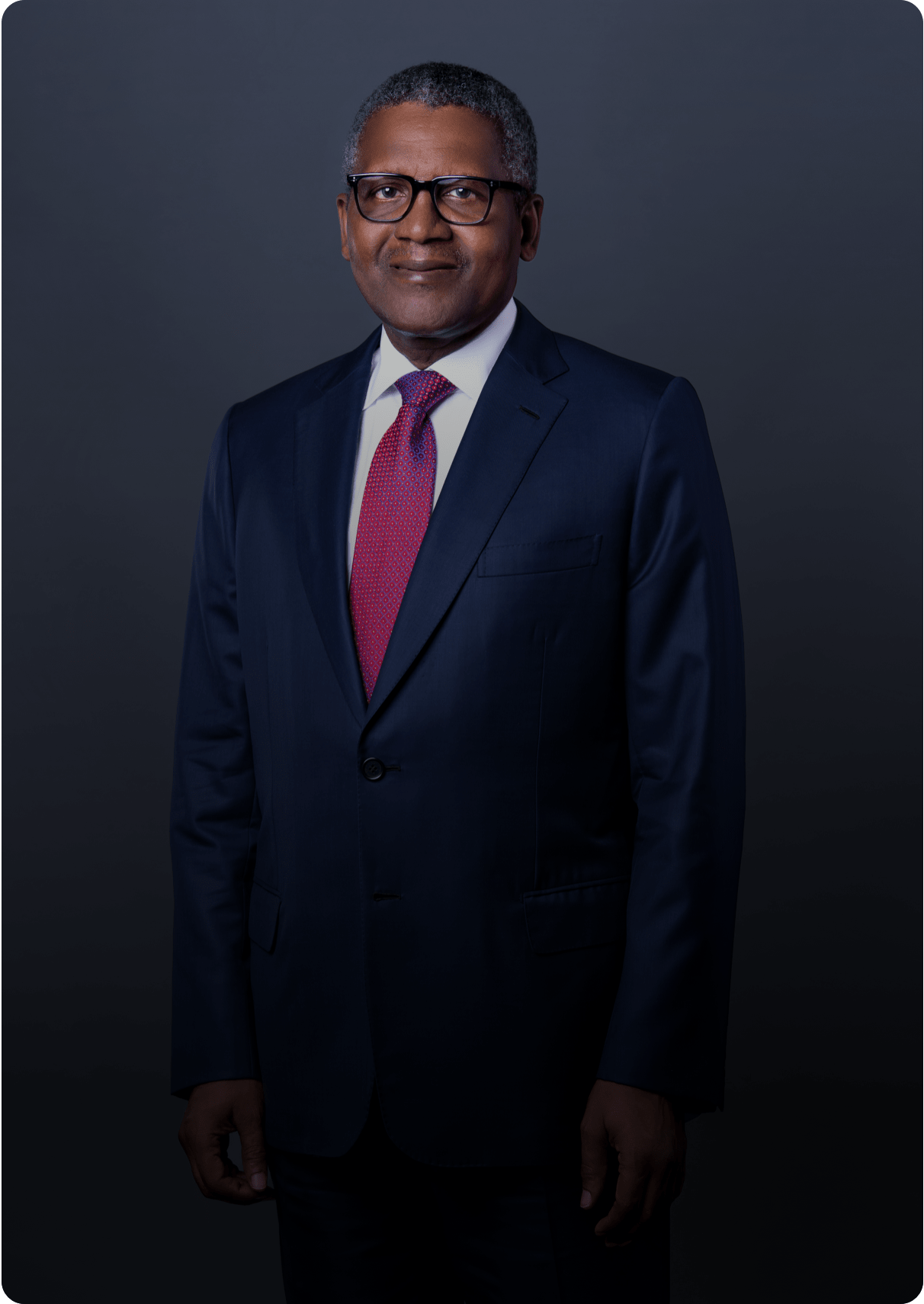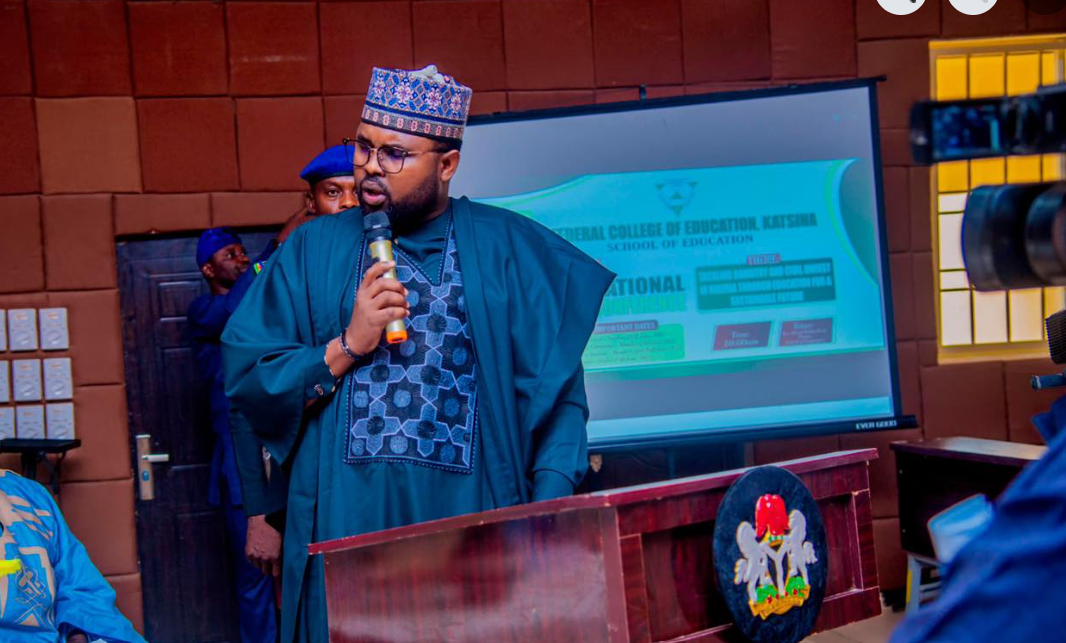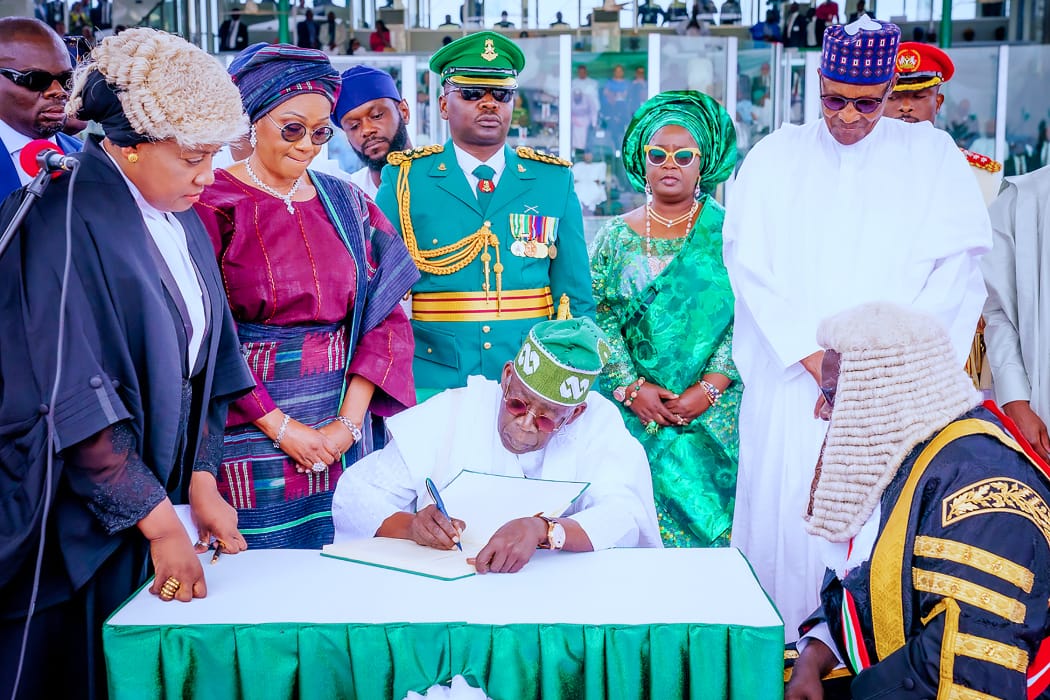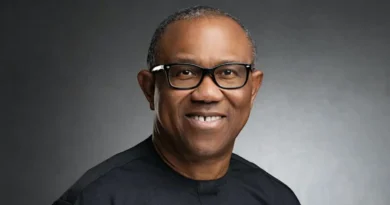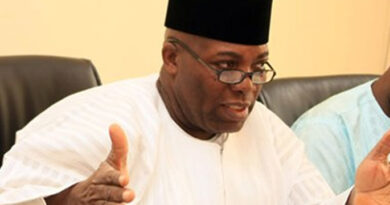Nigeria Needs Power Devolution to Succeed Says Professor Adamolekun
Professor Oladipo Adamolekun, a seasoned academic and expert in public administration, has again called for urgent devolution of power in Nigeria. In an interview, he emphasized that the country cannot achieve real progress unless power and resources are properly shared between the central and subnational governments. Adamolekun, a former World Bank and United Nations official, criticized the concentration of power in Abuja, which he believes is a major barrier to development.
He recalled that President Bola Tinubu had promised in his campaign manifesto to empower state governments by giving them more resources and authority. However, he pointed out that the president has not fulfilled this promise. Instead, he established a new Federal Ministry of Regional Development and created six geopolitical development commissions, which, according to Adamolekun, contradict the idea of decentralization.
When asked if there is still hope for Tinubu to deliver on restructuring before his term ends, the professor explained that politicians are already focused on the 2027 elections, and restructuring seems to have been forgotten. He also criticized Vice President Shettima for downplaying the need for restructuring, calling his comments misleading and harmful to the public understanding of Nigeria’s federal system.
Adamolekun went further to express concern about the Supreme Court’s ruling on local government autonomy, which he believes cannot be implemented under the current constitution. He praised Governor Charles Soludo of Anambra State for taking a step in the right direction by enacting a law that ensures regular local government elections. However, he also pointed out that Soludo’s law still maintains the controversial joint state-local government account, which contradicts the Supreme Court ruling on financial autonomy.
He argued that true federalism, like what Nigeria had in the 1954 and 1963 constitutions, led to significant regional development before military interference began. According to him, the shift to a more centralized system started with General Aguiyi-Ironsi’s regime and continued under military rule, eventually turning Nigeria into what he described as the “poverty capital of the world.”
Adamolekun strongly opposed any return to military rule, stressing that past military leaders, including Obasanjo and Buhari, only deepened centralization. He recalled how civilian President Yar’Adua tried to reverse this trend by canceling centrally awarded contracts and planned to review all laws that violated federalism before he fell ill. He said Jonathan’s administration also failed to implement real restructuring but did organize the 2014 National Conference, whose recommendations are still gathering dust.
He added that even the APC’s power devolution in Nigeria, Professor Adamolekun, Tinubu restructuring promises, Nigerian federalism, local government autonomy, 2014 Confab, military rule in Nigeria, restructuring Nigeria restructuring committee, led by Mallam Nasir El-Rufai, produced a report that has not been acted upon. In his view, this shows a lack of seriousness from the ruling party.
When asked about Nigeria’s 26 years of uninterrupted democracy, Professor Adamolekun said democratic progress is not possible without true devolution of power. He concluded that only a devolved Nigeria can achieve democratic consolidation and sustainable development.
What is Professor Adamolekun’s solution for Nigeria’s political and economic challenges?
Professor Adamolekun believes that devolving power and resources to subnational governments is the only way Nigeria can achieve real federalism, improve development outcomes, and strengthen democracy.

